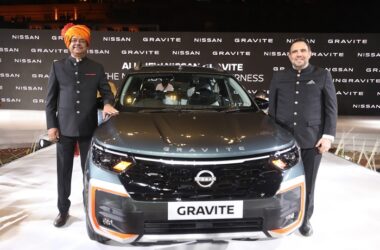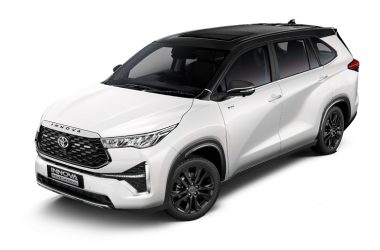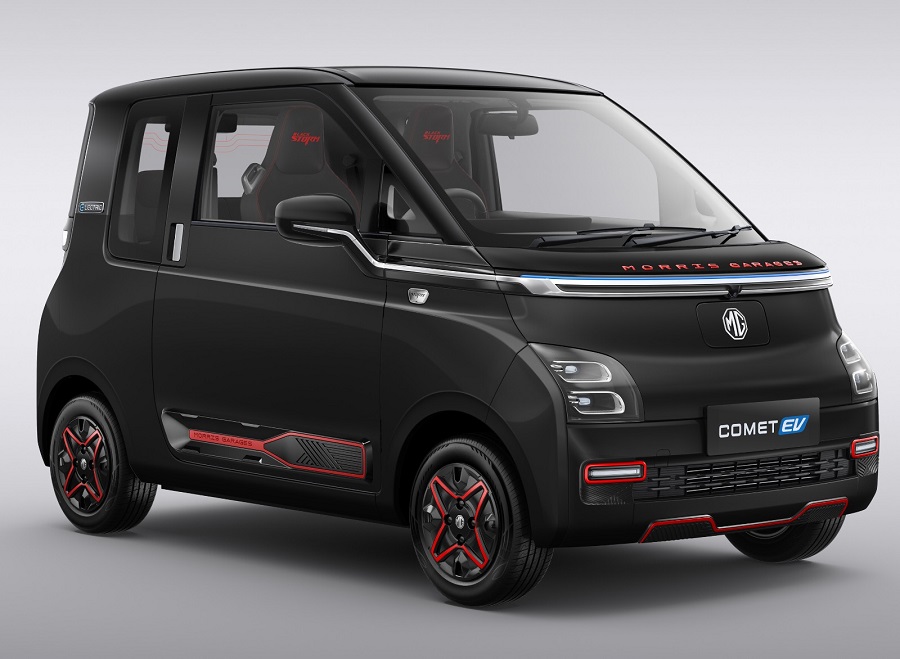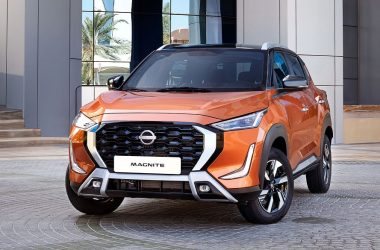New Delhi — In a decisive move to reduce reliance on foreign imports and supercharge its electric vehicle (EV) ambitions, India is accelerating efforts to secure critical minerals like lithium and cobalt — the backbone of EV batteries and green energy infrastructure.
The country, which currently leans heavily on other Asian nations for mineral processing and battery components, is aiming to build a self-reliant ecosystem. This comes as part of a broader push to meet the growing domestic demand for Advanced Chemistry Cells (ACCs) while reducing strategic vulnerabilities in the global supply chain.
As part of this initiative, the Government launched a ₹18,100 crore Production Linked Incentive (PLI) scheme on May 12, 2021, aiming to establish a competitive 50 GWh ACC battery manufacturing setup over five years.
Adding fresh momentum to the effort, the Union Cabinet approved the National Critical Mineral Mission (NCMM) on January 29, 2025. With a budgetary outlay of ₹16,300 crore and expected public-private investments worth ₹18,000 crore, NCMM is designed to span from 2024-25 to 2030-31. The mission aims to secure a sustainable supply chain across the entire mineral lifecycle — from exploration and extraction to processing and recycling.
To bolster domestic mining capabilities, sweeping reforms were made through the Mines and Minerals (Development and Regulation) Amendment Act, 2023. The updated law empowers the Centre to auction mining leases for 24 newly-classified critical and strategic minerals, including lithium, niobium, and titanium, while enabling exploration licenses for 29 other key minerals.
In a landmark development, 24 critical mineral blocks have already been auctioned across four tranches in 2024.
In tandem, the Geological Survey of India has dramatically scaled up its exploration efforts — completing 368 critical mineral projects over three years, with 195 projects underway in FY 2024-25 and 227 more slated for the next year.
To attract global capital, 100% Foreign Direct Investment (FDI) is now permitted via the automatic route for mining and exploration of both metallic and non-metallic ores.
Fiscal policies are also being tuned to ease the flow of raw materials into the country. The Union Budget 2024-25 removed customs duties on 25 minerals and reduced duties on two more. The 2025-26 Budget went further — fully exempting imports of cobalt powder, lithium-ion battery scrap, lead, zinc, and a dozen additional critical minerals.
Internationally, India is stepping up strategic partnerships through platforms like the Minerals Security Partnership (MSP), the Indo-Pacific Economic Framework (IPEF), the Initiative on Critical and Emerging Technologies (iCET), and bilateral collaborations such as the UK-India Technology Security Initiative (TSI).
One of the most ambitious moves involves KhanijBidesh India Ltd. (KABIL) — a government-backed joint venture aimed at acquiring overseas mineral assets. In a significant milestone, KABIL signed an agreement with Argentina’s state-run CAMYEN to explore and develop five lithium-rich brine blocks covering 15,703 hectares in Catamarca province.
These concerted efforts were outlined in a written reply by Bhupathiraju Srinivasa Varma, Minister of State for Steel and Heavy Industries, in the Lok Sabha today.
As India races to meet its climate goals and emerge as a global EV manufacturing hub, the race for critical minerals could define its future — not just in energy, but in economic sovereignty.








